30 Books to Read Before You Die (Pt. 47)
1381-1410
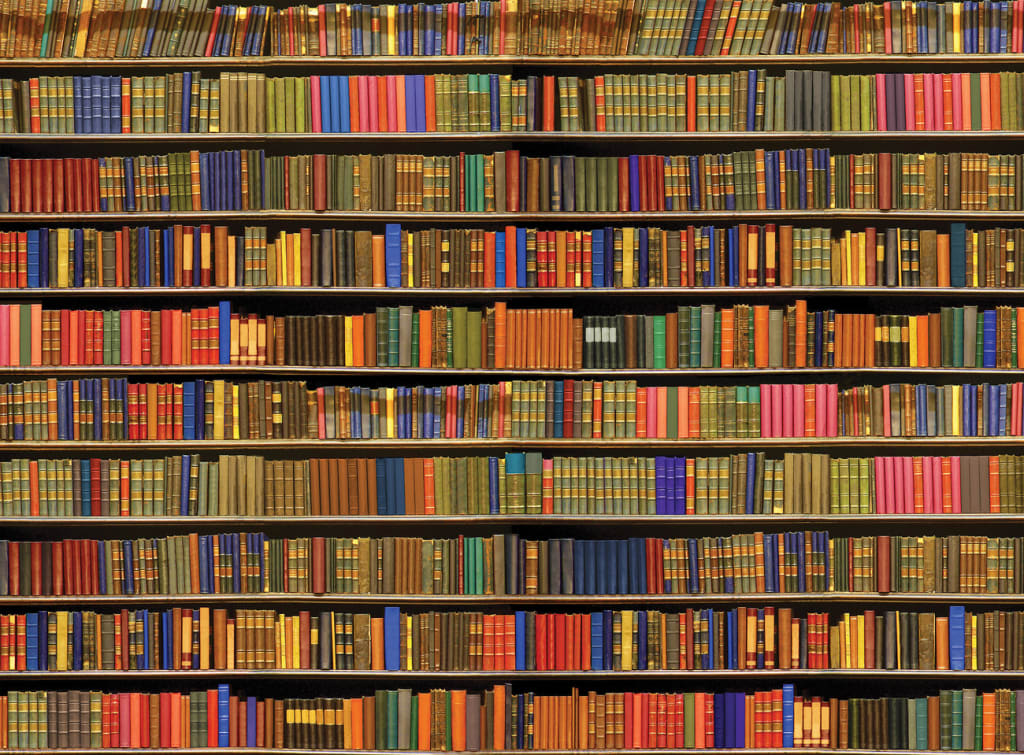
We’re now on part 47 of our journey, and as I have recently stated—I’ve found a bunch of new stuff to talk about. At the moment I’m just trying to figure out what to talk about first, and I think I may have a good idea here with a book I recently read on a train called, 1001 Books You Must Read Before You Die. Now, we see the similarities. I know I’ve spoken about why I don’t like this book before, but recently, after going over it one more time, I’ve found a few more things wrong with the book that I’d like to bring to light.
The first new thing I’ve found wrong with the book is that it has a complete disregard for personal taste. The contributors to the book seem to all have a similar taste in classic literature, which makes the book boring and solemn. Really, I think there should be some more obscure books included that may not be considered classics, but may be just as interesting to read. This is purely down to the fact that you may have some readers of this book that hear the word “classic” and immediately groan at the aspect. Also, this book is normally read by people who read quite often, and have therefore read the majority, especially of the Victorian classics, contained within.
The second new thing I’ve found is that the book is a bit outdated. Even the newer editions of the book fail to move with the times. I feel like the texts contained in the book should represent a good deal of the political and ideological time they come from, and many of the texts are actually there because they are simply “considered classics.” I read the word “classic” so much, and yet, not one contributor to the text was able to explain what that word meant in the context of the book they were talking about.
The third new thing I found is that even though they update the book with the times, they fail to put in new, more obscure, and possibly more important books into the older sections such as the Victorian era or the Ancient times. They add new books based on our own times, such as “Life of Pi” which was added in one of the newer editions—but they fail to update and reconsider when it comes to the older sections. This is mainly because (and I’m hazarding a guess here) that they want to keep the “classics” as they are, even though the majority of their readers have read the majority of those classics. This is a fault with the book.
In order to solve this problem I recommend getting a new team of contributors to create an alternative version to the book, which details lesser known books of a particular era or writer. This would make the text far more interesting and absorbing to read, and also solve every single problem I have outlined in this introduction.
Anyways, enough of me talking about that book again. We’re going to head on to the article and go through the thirty books I have read, and will now recommend to you for your reading pleasure. I’ll mark my favourites with an (*) and speak of one or two intermittently if they have some memorable reading experience behind them. Let us head out towards numbers 1381-1410…
1381-1390
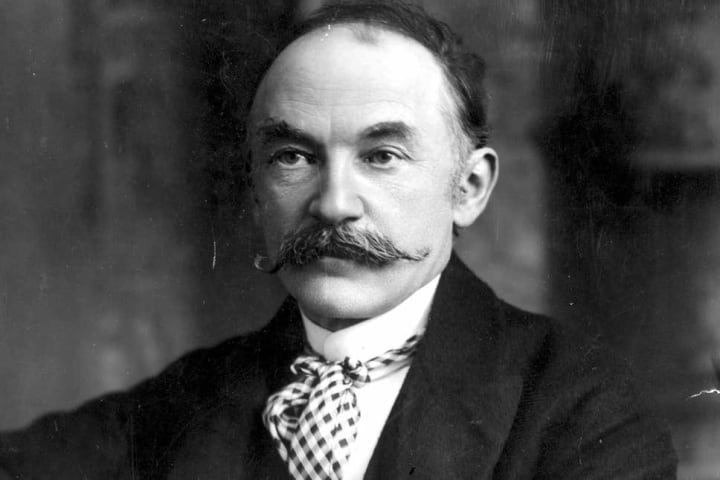
Thomas Hardy
1381. The Complete Poems by George Herbert
1382. The Digest of Roman Law by Justinian
1383. The Early History of Rome by Livy
1384. The Erotic Poems by Ovid
1385. The Complete Essays by Michel de Montaigne
1386. Far From the Madding Crowd by Thomas Hardy
1387. 'Gentlemen Prefer Blondes' by Anita Loos*
I read this on a university trip, and actually ended up laughing so loudly I woke someone up in the other room. It was quite funny. But probably not for the other person who was woken up at 2 AM instead of getting their good night’s sleep…
1388. Conversations with Socrates by Xenophon
1389. Demons by Fyodor Dostoevsky
1390. Aspects of the Novel by EM Forster*
1391-1400
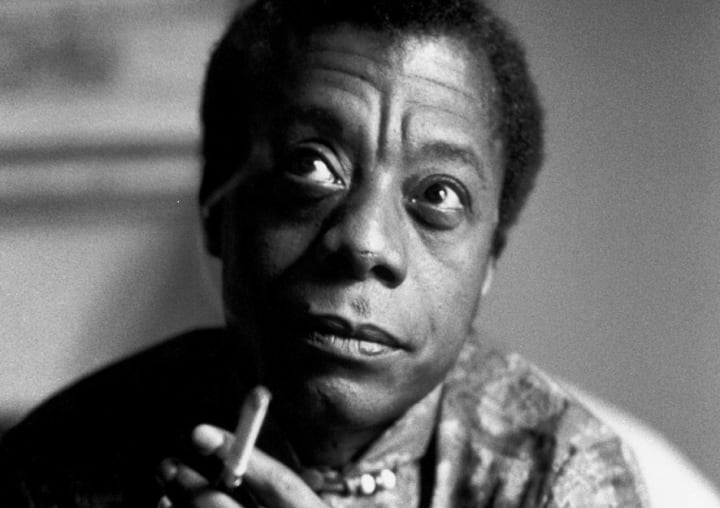
James Baldwin
1391. The Comedies by Terence
1392. The Egyptian Book of the Dead trans. by EAW Budge
1393. First Love by Ivan Turgenev
1394. The Fox, The Captain’s Doll and The Ladybird by DH Lawrence*
1395. Going to Meet the Man by James Baldwin*
1396. Dred by Harriet Beecher Stowe
1397. The Heart of the Matter by Graham Greene
1398. Italian Hours by Henry James
1399. Writings and Drawings by Bob Dylan*
1400. Heracles by Euripides
1401-1410
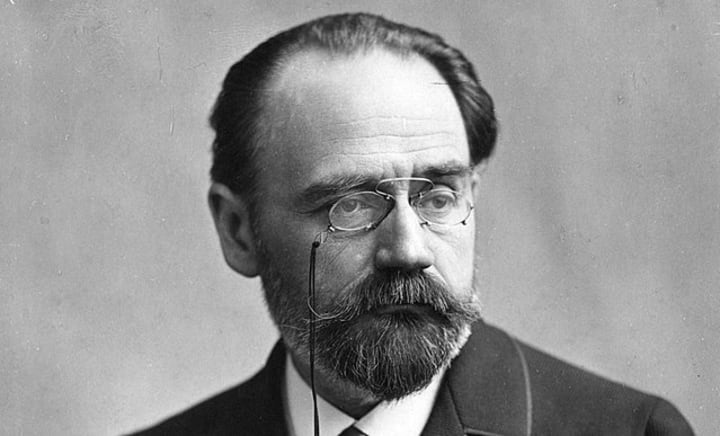
1401. The Journal of a Tour of the Hebrides by Dr. Johnson
1402. The Law and the Lady by Wilkie Collins
1403. The Stories of Washington Irving
1404. The Drinking Den by Emile Zola
1405. Home of the Gentry by Ivan Turgenev
1406. Ivanhoe by Sir Walter Scott
1407. The Journals of Lewis and Clark
1408. The Histories by Tacitus
1409. Just So Stories by Rudyard Kipling
1410. The Gilded Age by Mark Twain
About the Creator
Annie Kapur
200K+ Reads on Vocal.
English Lecturer
🎓Literature & Writing (B.A)
🎓Film & Writing (M.A)
🎓Secondary English Education (PgDipEd) (QTS)
📍Birmingham, UK


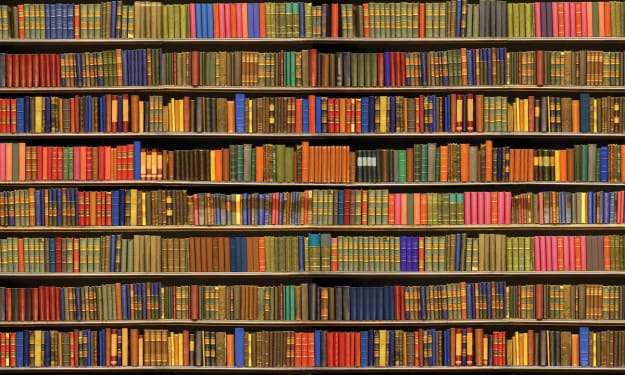



Comments
There are no comments for this story
Be the first to respond and start the conversation.